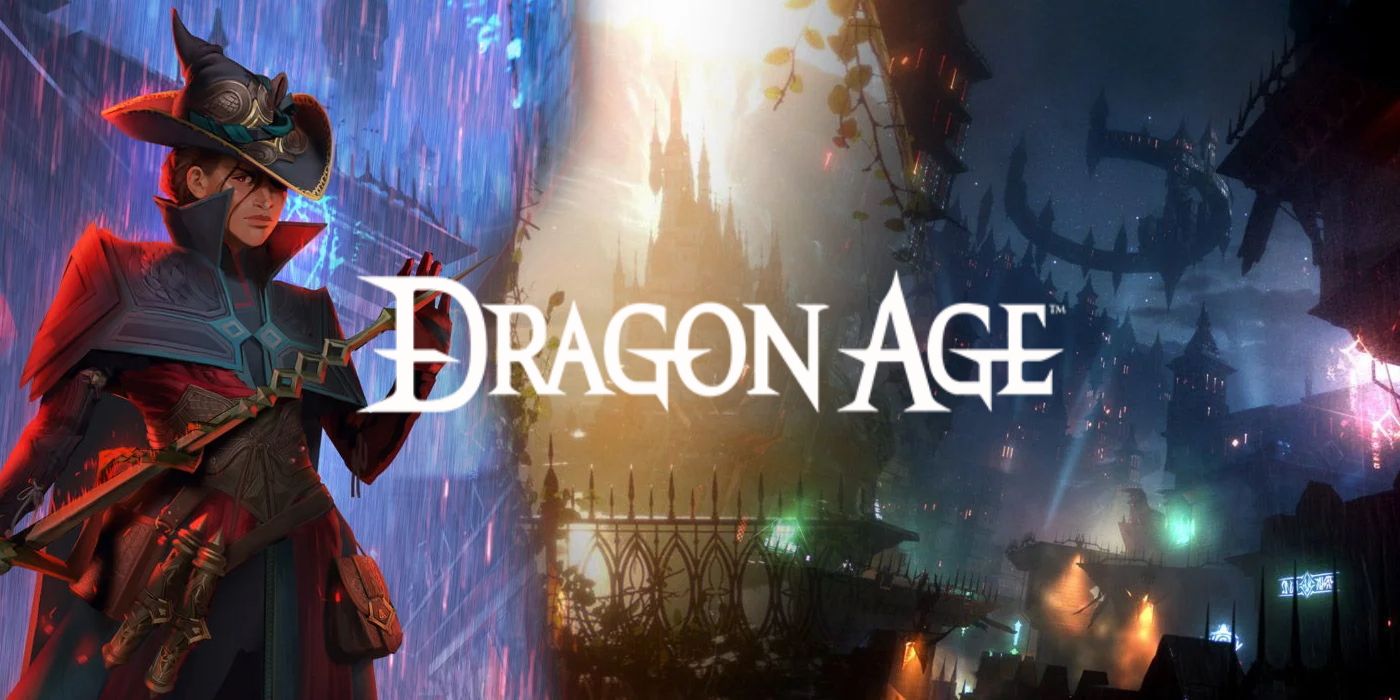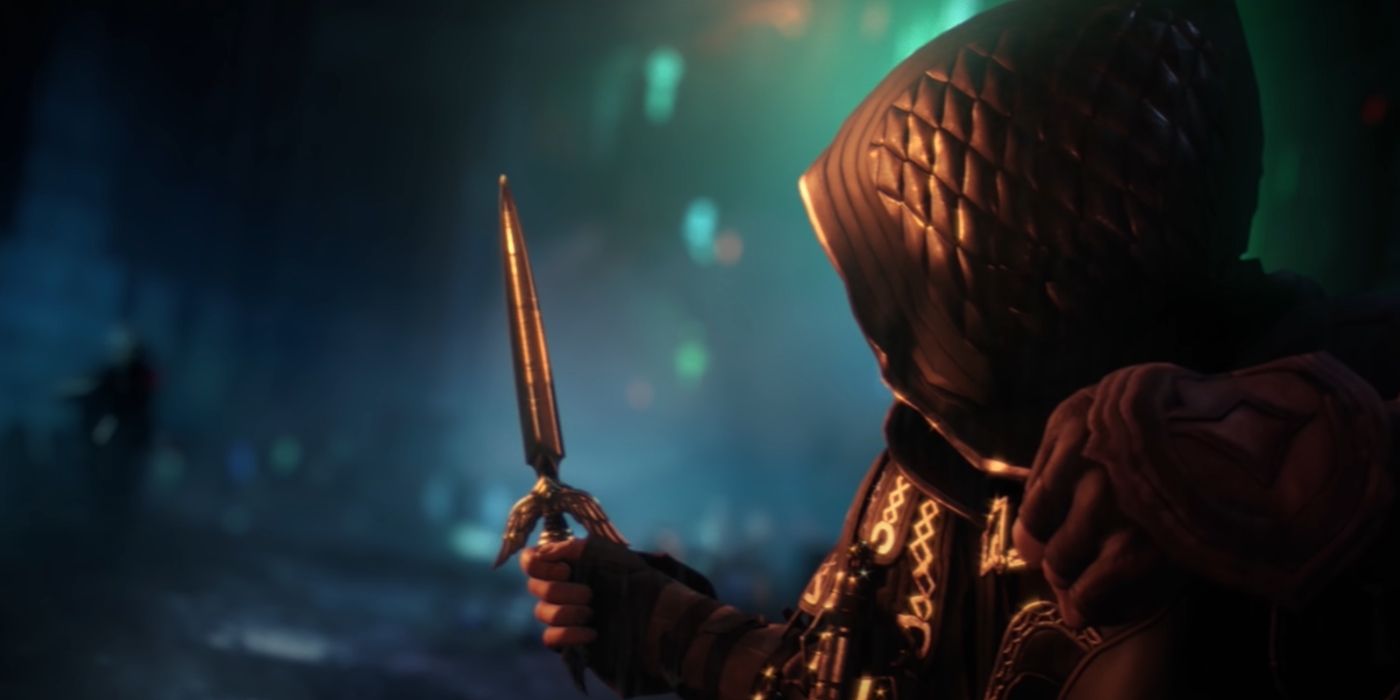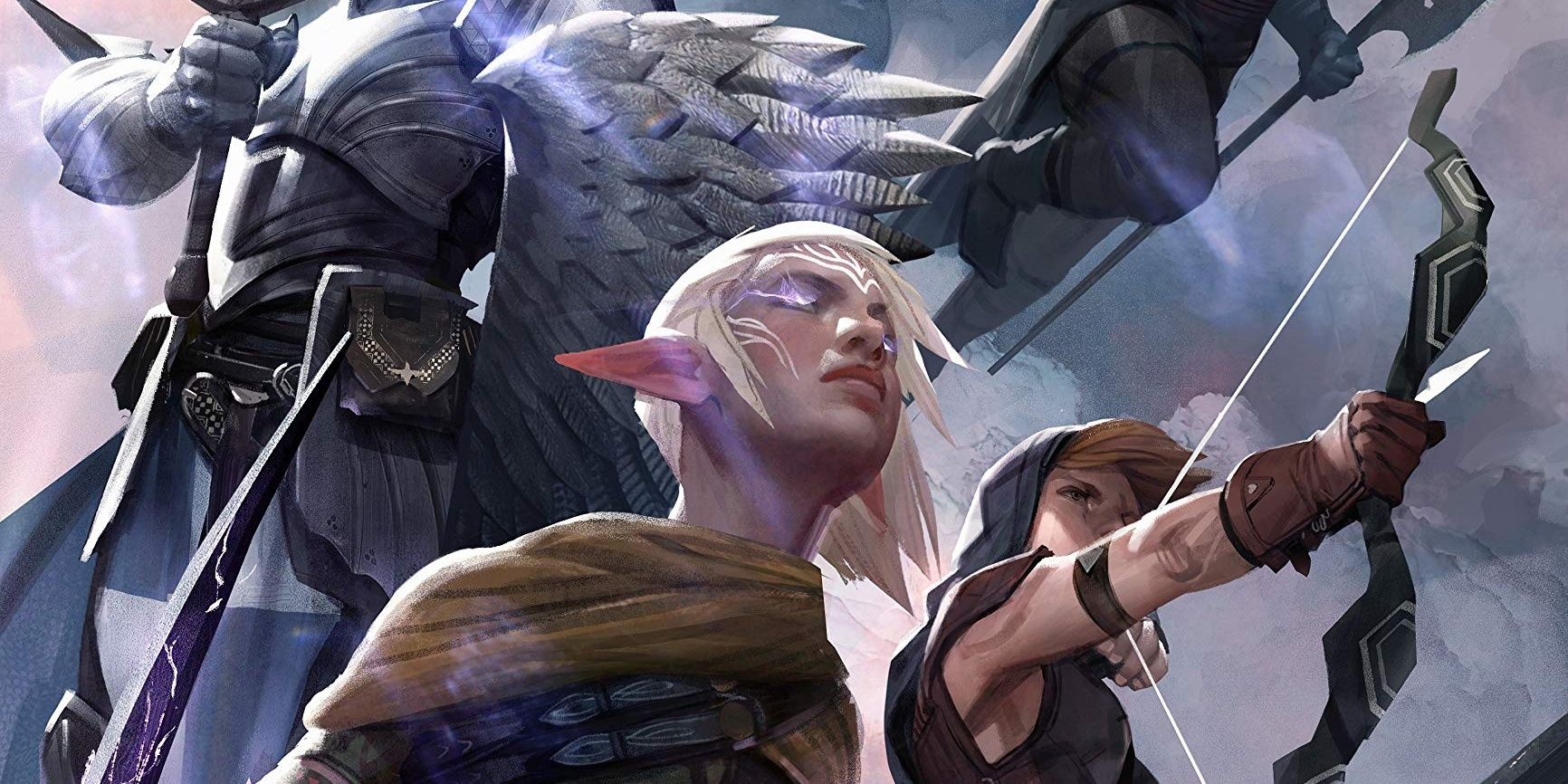Dragon Age 4: The Rigid Tevinter Social Hierarchy Explained

Dragon Age 4 will see players visit the Tevinter Imperium for the first time, despite the nation having played a major role in the events of both the lore and the games so far. Although Tevinter is a human nation, it is likely to be one of the most foreign and alienating locales visited in the series so far.
The Tevinter Imperium is extremely unique among the human nations of Thedas. It is mostly known for being the only human nation to still practice slavery, as well as the only one to have a magical aristocracy. Based on the lore, however, the reality of Tevinter's social hierarchy will be far more complicated than that in Dragon Age 4.

Tevinter is known for its aristocracy for one simple reason. While playing a mage in Dragon Age: Origins prevented the player from being a part of the nobility entirely, Tevinter's aristocracy is composed exclusively of mages. However, not all mages are created equal.
There are three distinct groups within the mage upper class. At the top are the Altus. These mages are supposedly the descendants of "the Dreamers," the mages who first founded the Tevinter Imperium, and whose exploration of magic and the Fade allowed it to grow into the formidable empire it is by the time of Dragon Age 4.
The Altus are usually born with extremely strong magic, and belong to a select group of ancient Tevinter families. They have been a leading force in Tevinter politics since the nation's creation, and dominate the Magisterium. The Magisterium is the upper house of the Tevinter government, and even chooses a new Archon to lead the Tevinter Imperium if the last Archon has no heir.
Below the Altus are the Laetans. These mages also have strong magical bloodlines, but not ones which can be traced back to the Dreamers who explored the Fade. They are broadly despised by the Altus, and when Archon Tidarion became the first Laetan Archon a civil war broke out that lasted for over seventy years. This war ended in -620 Ancient when the Laetans were given three seats in the Magisterium. Since then, a third of Archons have been from the Laetan class.
At the bottom of the aristocracy are the Praetari. These are mages from lower-class families who were inducted into the ruling class once they were revealed to have magical potential. For many Tevinter families, having a child with magical potential is a meal-ticket into the aristocracy, though the Praetari are looked down on by both the Altus and the Laetans. A Praetari family which manages to maintain its magical bloodline for several generations becomes designated a Laetan family, though maintaining a new magical bloodline is difficult to achieve.
These three aristocratic sub-classes are described as so caught up in their own struggles for dominance that they barely notice the external threats to Tevinter, even from the Qunari of Par Vollen. Scandals are common, and with every family competing to prove its worth and the unworthiness of others, the court politics of the Imperium can be particularly cloak-and-dagger.

The Soporati are those Tevinter citizens who do not possess magic. Also known as "sleepers" these citizens massively outnumber the magical minority that forms the Imperium's upper class. The Soporati include merchants, Legionnaires, civil servants, and tax collectors. An in-universe text by Dragon Age: Origins' Brother Genitivi also describes the Soporati as containing "enough teeming poor to drown any other nation in Thedas."
The class is also home to the Praesumptor - a group of thieves who are treated with respect. Based on some of the images released of Dragon Age 4 so far that show a roguish figure stalking the city streets and sitting on rooftops, it's possible that the Praesumptor will be central to the plot of the next game if the player is a Soporati.

At the bottom of Tevinter's social hierarchy are its slaves. As in all of Tevinter's social classes, however, there are divisions even between slaves. At the top are the Liberati, slaves who work as servants to the Magisters of Tevinter, or on farms or in factories. Beneath the Liberati are the Servus Publicus, who are only described as performing the "tasks proper citizens will not."
The slave class is composed of all races, though most famously Elves. Many of the slaves of Tevinter follow the Qun as well. When the Qunari took over much of the Imperium during the Qunari Wars, many slaves saw the Qun as a path to liberation. Even though the Qunari themselves have been pushed out of most of Thedas and back to Par Vollen, the Imperium's upper classes remain fearful of the possibility of the Qun spreading and helping to organize the slave class.
Ironically, Genitivi's text ends by describing the social classes of Tevinter as "the most mutable and rewarding of merit in all of Thedas." Though this may seem contradictory, it is true in many senses. While the nobility of lands like Ferelden and Orlais are based entirely on bloodlines or bestowed titles, the social classes of the Imperium are shown to be more flexible. A mage born into a lower class family, or even a slave, can be uplifted to the magical aristocracy.
Although non-magical Tevinter citizens can never hope to become Magisters, the divisions within each class also allow for a degree of social mobility. A Soporati can become a Praesumptor, for example, or a Servus Publicus can become a Liberati. It seems likely that the flexibility of its system is one of the reasons Tevinter's class hierarchy has lasted for so long, especially its practice of slavery. By finding ways to incite intense competition within the different classes, Tevinter appears to have been able to stop any attempts to bring down its class system entirely. Which class the protagonist of Dragon Age 4 will be a part of could be very interesting if the hero is from Tevinter, and fans will likely be quick to compare the experience of playing as a mage to playing as a rogue or warrior.
Dragon Age 4 is in development.

Post a Comment